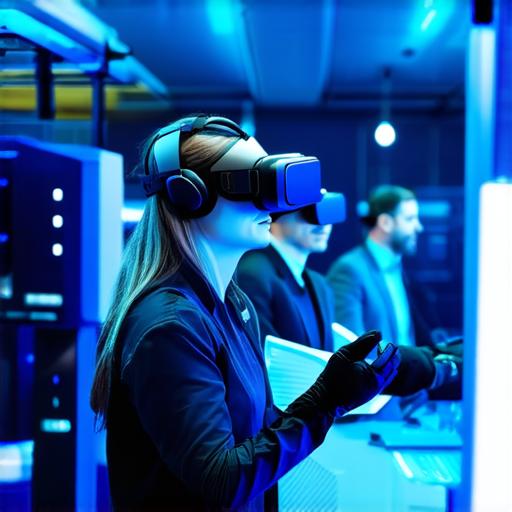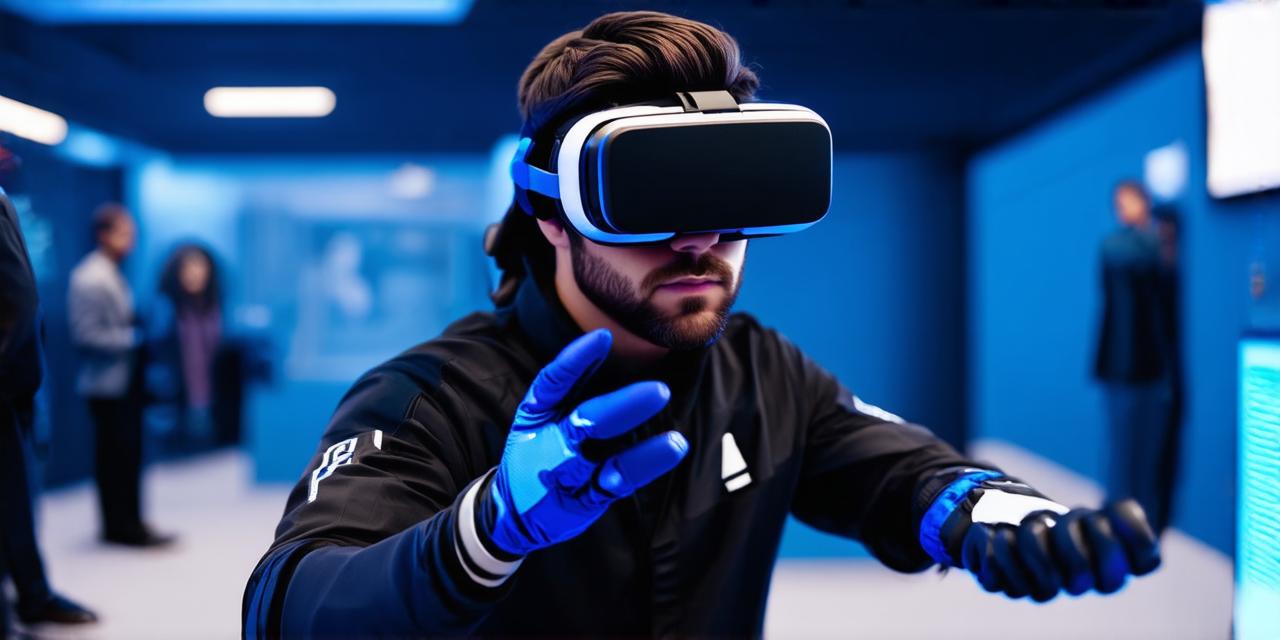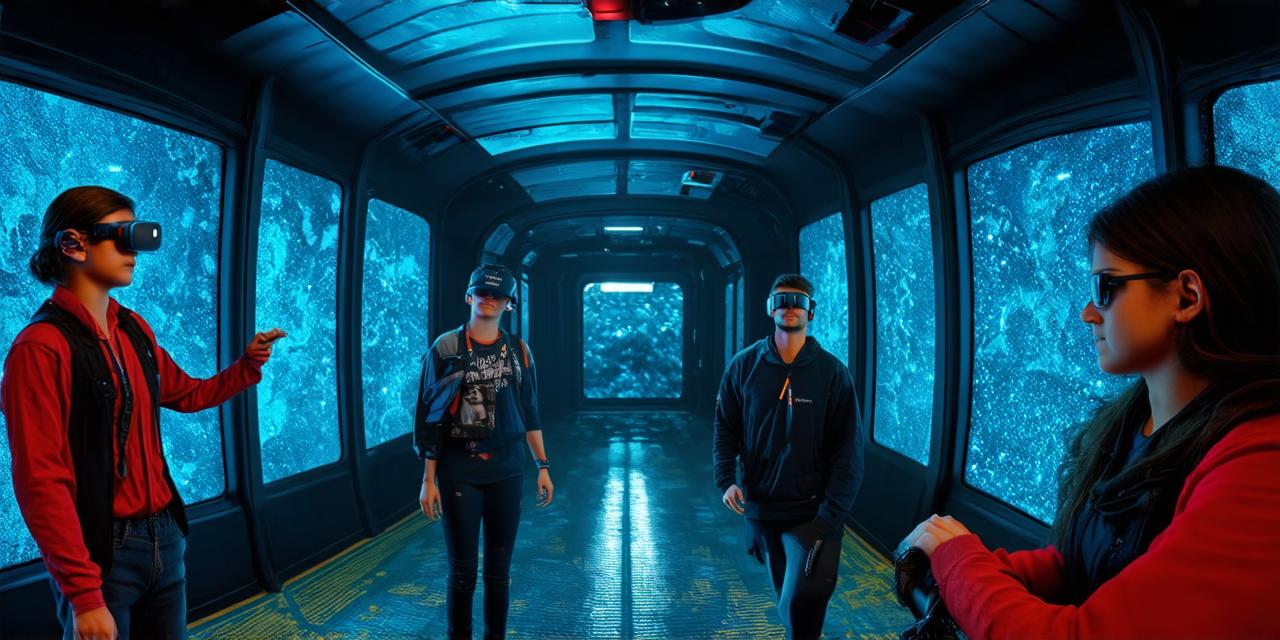Virtual reality (VR) is a technology that allows users to experience immersive, simulated environments. Since its inception, VR has had a significant impact on various aspects of society, including entertainment, education, healthcare, and more. In this article, we will explore the various ways in which VR impacts society and what it means for the future.

Entertainment
Virtual reality technology has revolutionized the way we experience entertainment. With VR, users can immerse themselves in a fully interactive world and engage with their surroundings in new and exciting ways. This has led to the creation of a wide variety of VR games, movies, and other experiences that have captivated audiences around the world.
One of the key benefits of VR entertainment is the ability to create highly immersive and engaging experiences that are unlike anything else available. For example, users can explore ancient ruins or sail through space in a way that was previously impossible. This has led to a new era of interactive gaming and media consumption, with more and more people using VR technology to experience their favorite entertainment content.
Education
Virtual reality has also had a significant impact on education. With the ability to create highly immersive simulations, VR provides an unprecedented opportunity for students to learn in new and engaging ways. For example, students can take virtual field trips to historical sites or explore the solar system without ever leaving the classroom.
This has led to a more interactive and engaging learning experience that is helping to prepare the next generation of learners for success.
Healthcare
Virtual reality technology has also had a significant impact on healthcare. With VR, medical professionals can simulate complex surgeries and procedures in a safe and controlled environment. This allows for better training and practice, which can ultimately lead to improved patient outcomes.
In addition, VR can be used to create simulations that help patients cope with chronic pain or other conditions by providing a distraction from their symptoms.
Healthcare
Virtual reality technology has also had a significant impact on healthcare. With VR, medical professionals can simulate complex surgeries and procedures in a safe and controlled environment. This allows for better training and practice, which can ultimately lead to improved patient outcomes.
In addition, VR can be used to create simulations that help patients cope with chronic pain or other conditions by providing a distraction from their symptoms.
Conclusion
In conclusion, virtual reality technology has had a significant impact on society across a wide range of industries. From entertainment to education and healthcare, VR is providing new and innovative ways for people to engage with their surroundings and learn about the world around them.
As VR technology continues to evolve, it will be exciting to see how it continues to shape our society and what new possibilities emerge in the future.



